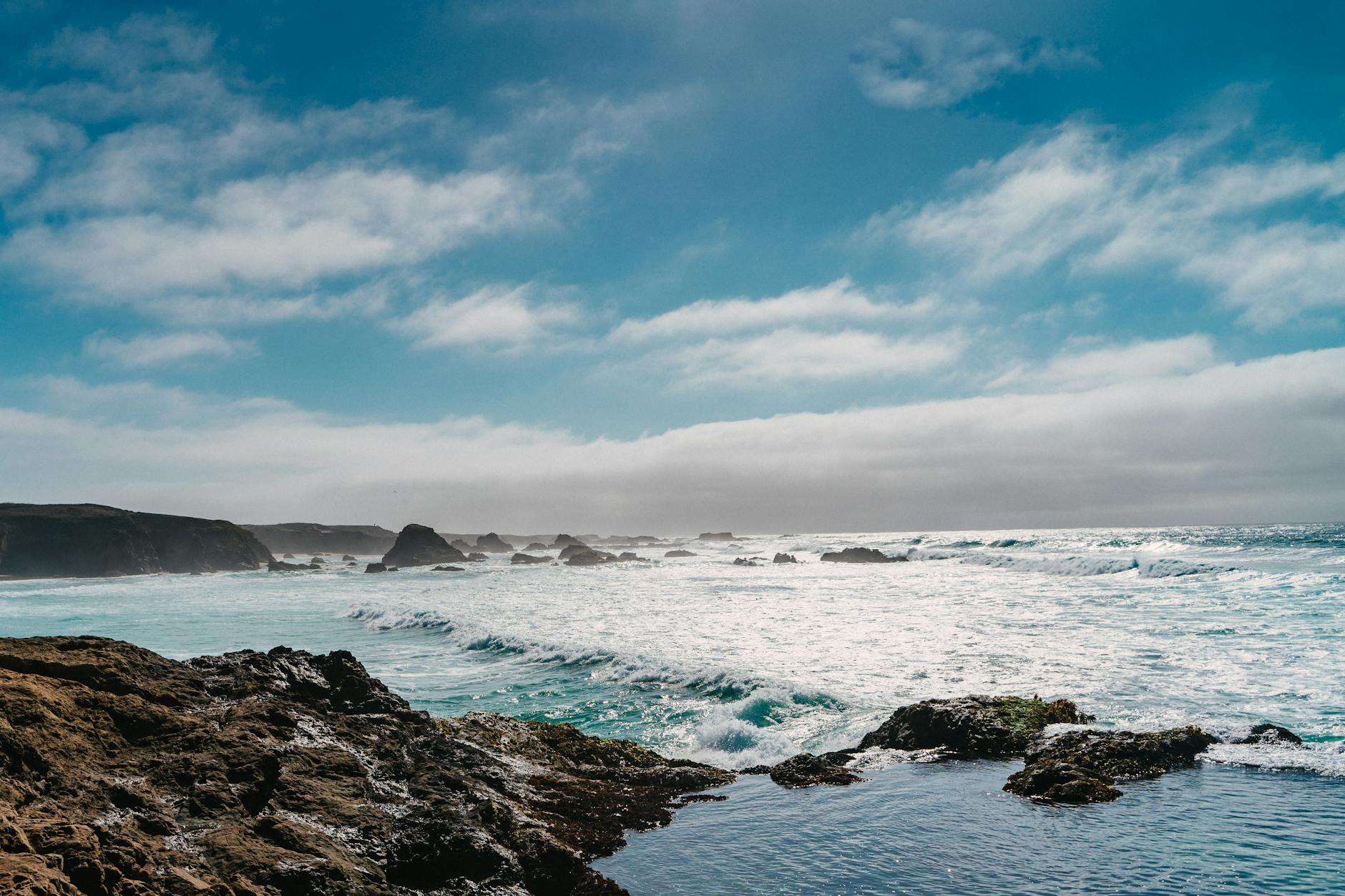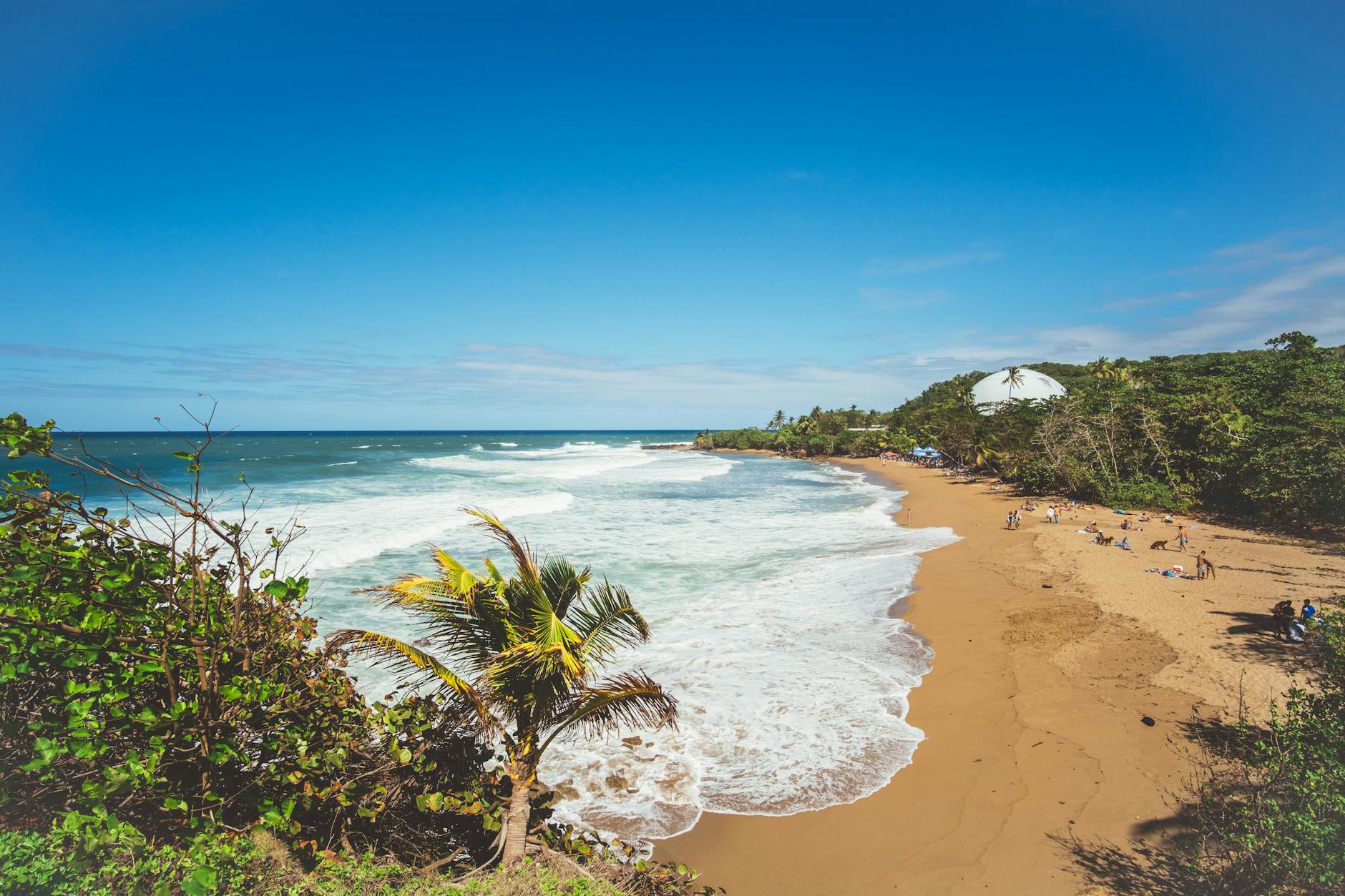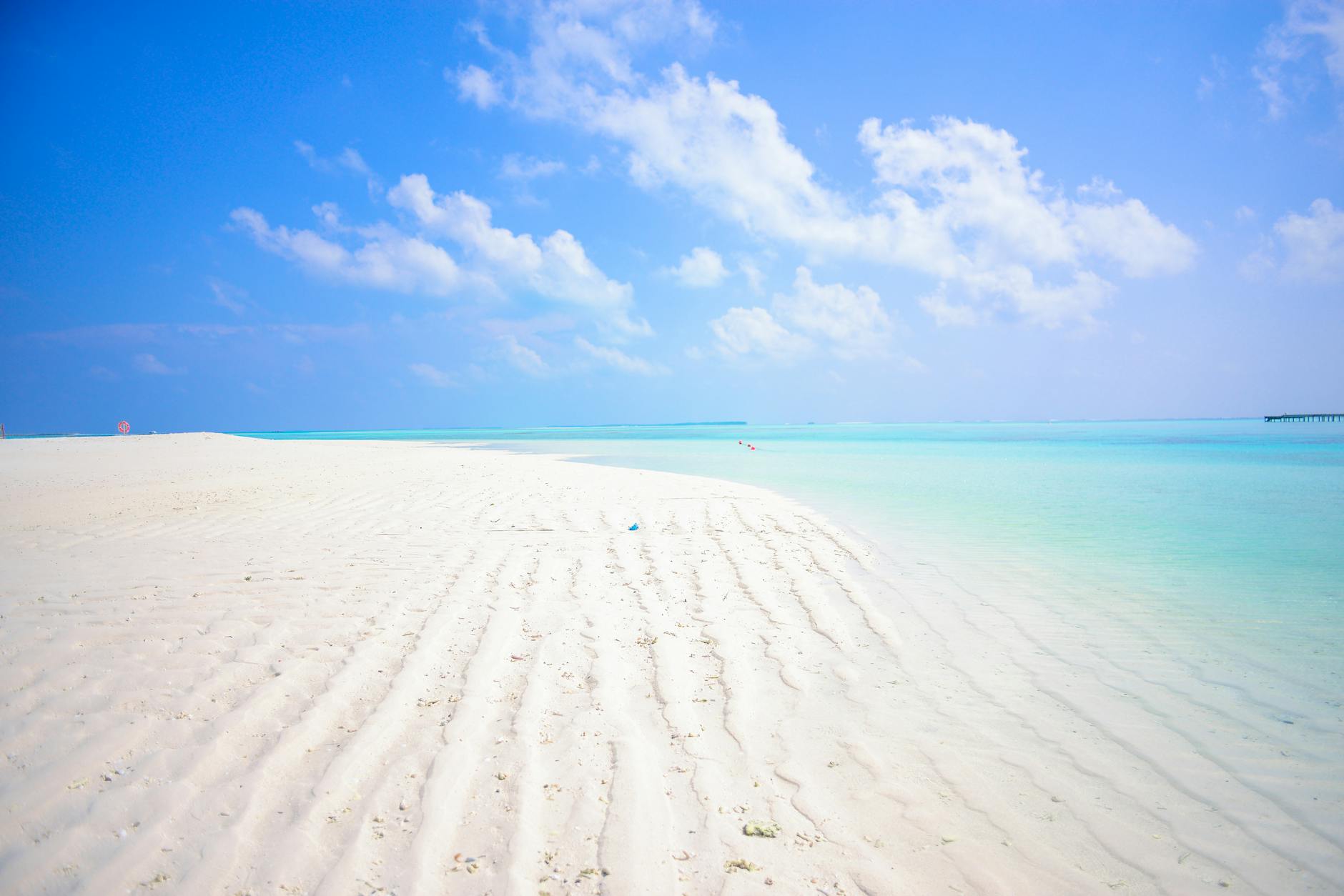Why Australia-Based Travelers Should Consider Eco-Conscious Travel for Marine Research Opportunities

Exploring Eco-Conscious Travel
Eco-conscious travel is emerging as a key trend among Australians, especially those of us in Brisbane who are fortunate to be close to local ecological wonders like the Brisbane River. When we venture beyond our shores, destinations such as arctic cruises or patagonia tours offer unparalleled experiences that not only entertain but also educate us about the intricate balance of marine ecosystems. These journeys highlight the delicate yet stunning interplay of natural forces and biodiversity, which echo the exhibits displayed at the Queensland Museum that many of us appreciate.
Benefits of Eco-Conscious Travel
One of the core benefits of eco-conscious travel is the opportunity it provides to witness nature's marvels while supporting conservation efforts. Experiences such as central american tours that explore vibrant ecosystems foster a deeper understanding and respect for marine life. By choosing eco-friendly tours, we're contributing to local conservation projects that aim to protect threatened species and habitats.
Eco-Friendly Practices
Eco-travelers can adopt practices that minimise our ecological footprint. This can range from adhering to sustainable fishing guidelines to supporting accommodations that use renewable energy. Simple steps like reducing plastic use and opting for local produce not only benefit the environment but also enrich our travel experiences by connecting us more authentically to the places we visit.
Potential Impact on Marine Conservation
With each eco-conscious journey, travelers can play a pivotal role in marine conservation efforts. Participating in initiatives such as beach clean-ups or educational workshops during our travels mirrors the conservation work carried out in sanctuaries like the Lone Pine Koala Sanctuary. These experiences empower us to take meaningful action that supports both global and local ecosystems.
Marine Research Opportunities
Research Destinations to Consider
If marine research opportunities are on your horizon, consider exploring the captivating ecosystems and conservation projects beyond traditional boundaries. With cuba travel, you can dive into vibrant coral reefs and witness firsthand the conservation efforts that protect these underwater environments. Meanwhile, embarking on antarctic tours offers a transformative experience to study polar ecosystems and understand the impact of climate change on marine life.
In-Field Research Activities
Engaging in field research connects theory with practice, offering insights that enrich our understanding of marine ecosystems. Activities could range from conducting biodiversity surveys and tagging marine animals to participating in ecological restoration projects. Whether you're collecting data along the Brisbane River or awaiting a discovery at the Queensland Museum, these activities are vital for advancing marine conservation knowledge.
Partnering with Marine Reserves
Collaborating with marine reserves amplifies research impact by aligning with established conservation efforts. Working alongside protected areas like those in Queensland and beyond allows researchers to contribute valuable data that informs policies and conservational strategies. This partnership not only protects native wildlife, such as at the Lone Pine Koala Sanctuary but also fosters a deep respect for shared ecological responsibilities. These collaborations create a synergy between scientific exploration and practical conservation action.
Travel Destinations to Inspire
Conservation Efforts in the Coral Triangle
Being a marine biologist in Brisbane, it's awe-inspiring to see the vast diversity of life that regions like the Coral Triangle nurture. This area is known as the "Amazon of the seas," covering parts of Indonesia, Malaysia, the Philippines, Papua New Guinea, Timor Leste, and the Solomon Islands. It harbors about 76% of the world's coral species, making it a treasure trove for anyone interested in marine biodiversity and conservation. The Coral Triangle is a living laboratory where eco-conscious travelers, like those on central america tours, can gain firsthand insights into both thriving ecosystems and the threats they face.
One of the vital conservation strategies employed here focuses on empowering local communities. Many initiatives involve locals in protecting vital marine habitats, offering educational opportunities and sustainable livelihoods to reduce their dependency on overfishing. If you've visited the Queensland Museum's marine exhibits, you'll understand how vital community empowerment is for conservation efforts.
Moreover, Central America travel destinations offer intriguing comparative studies on how human intervention can aid or hinder ecological balance. The stories from such regions remind us why it's essential to advocate for sustainable practices globally.
These experiences reinforce the importance of supporting initiatives that uplift community efforts and protect biodiversity. By incorporating conservation-focused stories in settings like the Brisbane River and beyond, we can inspire others to see the intricate web of life that sustains our oceans.
Aligning Travel with Conservation Goals
Supporting Local Conservation Initiatives
In my journey to promote eco-tourism, I've found that supporting local conservation initiatives is a vital component of sustainable travel. Embracing opportunities to contribute to ecological projects enhances the travel experience beyond leisure, transforming it into an impactful endeavour. During my south american tours, I’ve participated in activities that directly support local ecosystems, such as reforestation campaigns or wildlife monitoring projects. Engaging with local communities in these efforts not only amplifies conservation impact but also ensures that your travels contribute positively to maintaining biodiversity.
Integrating Education into Travel
Education should be at the core of every conservation-driven travel experience. It empowers travellers to understand and respect the ecosystems they visit. For instance, on cuba tours, visitors can explore coral reefs while learning about the ecological significance of these habitats from local experts. By focusing on educational encounters, from guided nature walks to workshops, travellers can gain a deeper appreciation for the conservation efforts in place. The aim is to inspire a commitment to preserving natural wonders well beyond their holidays.
Encouraging Responsible Travel Behaviors
Encouraging responsible travel behaviours is crucial to conserving vulnerable environments. Simple practices such as sticking to designated trails or respecting marine life by avoiding any physical contact can greatly reduce the environmental footprint. Pay attention to community-led guidelines and remember that every action, no matter how small, helps protect the planet. As I’ve seen, fostering mindful travel habits ensures that our global treasures remain pristine for future generations to admire and study.
Navigating the Intricacies of Conservation
Balancing Tourism with Conservation
In the increasingly interconnected realm of eco-tourism, one finds a delicate dance between fostering awareness and ensuring marine environments remain untouched. As I've wandered along the storied banks of the Brisbane River, I’ve encountered both the beauty and fragility of our ecosystems. The opportunity to share experiences with local custodians and 'Care for Country' programs enriches these conservation conversations. Eco-conscious travellers must ensure that their footsteps lead to minimal disturbances. This means prioritizing low-impact activities, often supported and initiated by forward-thinking operators who respect regulations to preserve marine biodiversity.
Navigating Environmental Regulations
In Australia, respect for the land and sea is paramount. This guiding principle cascades into a network of environmental regulations, designed to safeguard our treasured ecosystems. As I’ve observed in 'Reef Guardian Councils', compliance with these regulations hinges on a comprehensive understanding. Visit the Queensland Museum, and you'll uncover exhibitions that simplify these regulations, marrying conservation and education. Translating these intricate guidelines for the eco-tourist transforms confusion into empowerment, creating informed visitors and robust stewards of nature.
Overcoming Commercialization Barriers
The allure of Australia's natural wonders often attracts commercialization, threatening to overshadow genuine conservation efforts. My journey through this land has been punctuated by encounters with eco-heroes, like those at the Lone Pine Koala Sanctuary, where the emphasis remains steadfastly on habitat preservation over profit. Pushing against commercialization means supporting initiatives wherein funds directly benefit wildlife habitats. As eco-conscious explorers, advocating for practices that channel tourism dollars into conserving marine and terrestrial environments can catalyse a shift towards sustainable tourism. By engaging with local conservation initiatives and choosing responsible operators, we can encourage a model where exploration exists in harmony with preservation.


